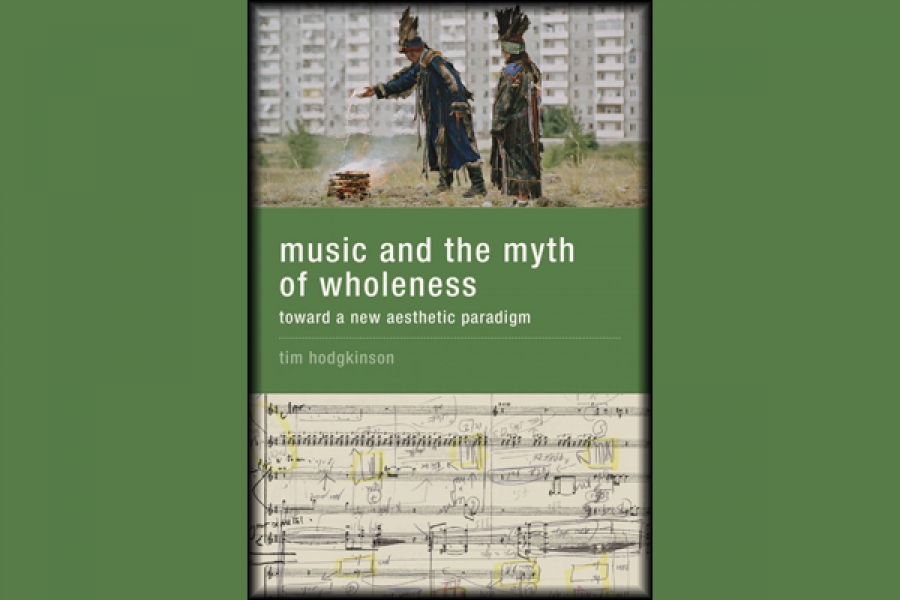Drawing on his experiences as a musician, composer, and anthropologist, Hodgkinson shows how when we listen to music a new subjectivity comes to life in ourselves. The normal mode of agency is suspended, and the subjectivity inscribed in the music comes toward us as a formative “other” to engage with.
Argues for the necessity for theories of improvised music to base themselves on an understanding of the nature of aesthetic practice and experience.
Author: Tim Hodgkinson
Publisher: MT
URL-web link: https://mitpress.mit.edu/books/music-and-myth-wholeness
ISBN-13: 9780262034067
Proposed by: Tim Hodgkinson, the author
Summary
A new theory of aesthetics and music, grounded in the collision between language and the body.
In this book, Tim Hodgkinson proposes a theory of aesthetics and music grounded in the boundary between nature and culture within the human being. His analysis discards the conventional idea of the human being as an integrated whole in favor of a rich and complex field in which incompatible kinds of information—biological and cultural—collide. It is only when we acknowledge the clash of body and language within human identity that we can understand how art brings forth the special form of subjectivity potentially present in aesthetic experiences.
As a young musician, Hodgkinson realized that music was, in some mysterious way, “of itself”—not isolated from life, but not entirely continuous with it, either. Drawing on his experiences as a musician, composer, and anthropologist, Hodgkinson shows how when we listen to music a new subjectivity comes to life in ourselves. The normal mode of agency is suspended, and the subjectivity inscribed in the music comes toward us as a formative “other” to engage with. But this is not our reproduction of the composer's own subjectivation; when we perform our listening of the music, we are sharing the formative risks taken by its maker. To examine this in practice, Hodgkinson looks at the work of three composers who have each claimed to stimulate a new way of listening: Pierre Schaeffer, John Cage, and Helmut Lachenmann.
Plus
A boundary-spanning exploration of music that culminates in a profound glimpse into a unique human quality—the imaginative and aesthetic experience—with the added pleasure of traveling through Hodgkinson's own creative process, which stands as an exemplar of Janusian thinking. A truly mind-expanding read.
Gerard J. PuccioChair and Professor, International Center for Studies in Creativity, The State University College at Buffalo


